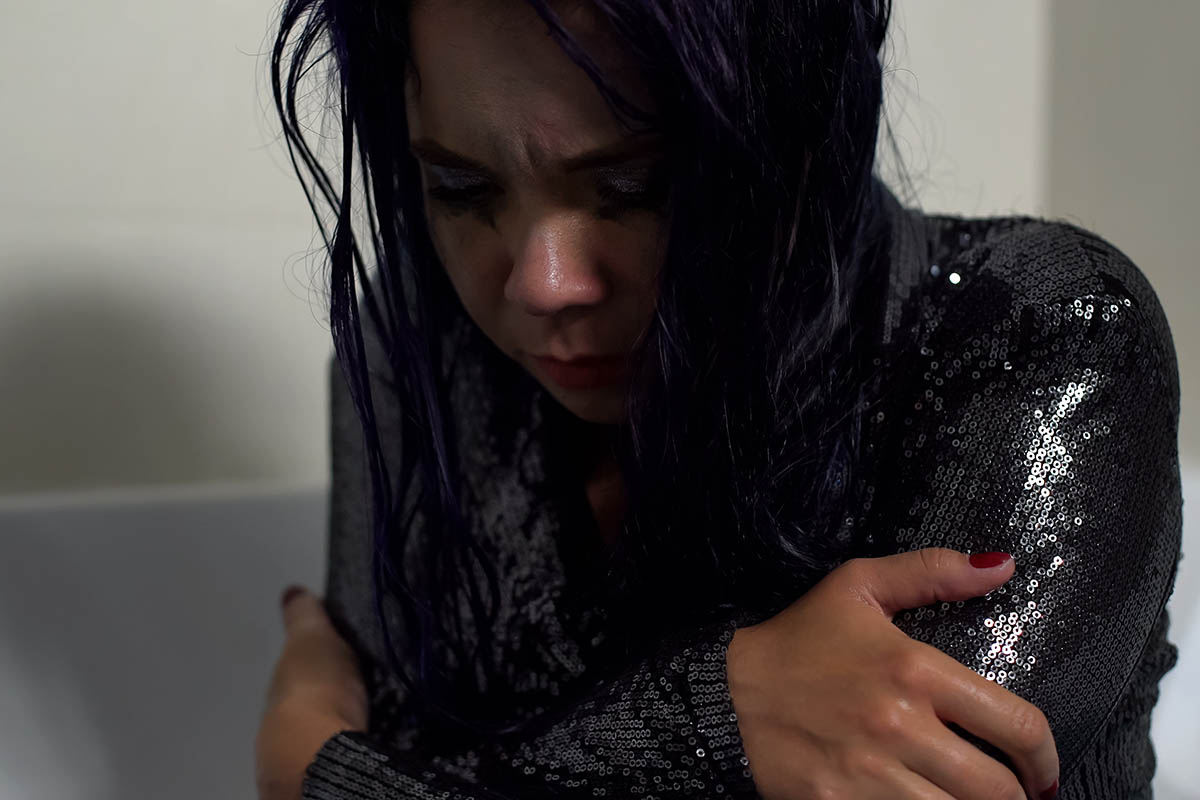Heroin addiction is the cause of the largest number of overdose deaths in the country at the moment. Many heroin detox programs are finding themselves consistently at capacity yet there are many more waiting for their chance to enter a detox program. Heroin withdrawal isn’t quite as physically difficult as with some other drugs. However, it is intense and the danger of dying increases with the number of attempts a person has made to get clean. This is one reason that medically-supervised heroin detox is preferred over trying to do this alone. While the timeline for withdrawal symptoms can vary from one person to another, there is a general timeline that the symptoms follow. A breakdown of the timeline follows, but the acute symptoms normally last no longer than a week. The after-effects, however, can continue for months.
Stages of Heroin Withdrawal
The first 48 hours will see you start to feel pain. Often the first signs appear within six hours of your last dose. During this period, the pain will increase, mainly in the form of stomach cramps. You are likely to feel a great deal of anxiety and start experiencing diarrhea. Peak withdrawal symptoms take place at the 3-5 day mark. During that period you are likely to see an increase in abdominal cramping, sweating, shivers, and vomiting. By the end of this period, your symptoms will begin to ease. Days 6-7 see your symptoms disappearing. You will feel tired and run down physically but may start to feel more optimistic emotionally. The acute phase has ended. After-effects can occur randomly over the next several months. Most often, these include anxiety, depression, fatigue, insomnia, and irritability. It is during this period when the psychological detox takes place.
Why Medical Supervision is Important
During heroin detox, the temptation to ease symptoms by getting a fix is strong. Doing so partially through the process not only sets you back to the beginning of heroin detox but also puts you in greater danger of an overdose. Many of those who overdose do so because they have been physically free of heroin and it doesn’t occur to them that they will react more strongly to the same dose they most recently used. It is also important that you avoid dehydration during your heroin detox. Dehydration can cause problems with your heart and other organs. Finally, unless you are in top physical shape, you may have an underlying heart or lung disease, or maybe even diabetes. These diseases can make the process more complicated and it could make keeping you alive more likely with medical equipment just an arm’s length away.
Increasing Chances of Lasting Success
One thing that can increase your chances of beating heroin addiction for good is the use of a Medication Assisted Treatment (MAT) program. This program uses medicine to help even out the chemicals in your brain that addiction works on. These medications produce fewer side effects than heroin does. The medication is designed to be taken for up to two years and then you are weaned off. Having been away from heroin for that amount of time increases your chances of never looking back. We are also equipped to provide any therapy required for dual diagnosis. By treating both heroin addiction and any mental illness at the same time, you start your recovery journey on firmer ground.
Heroin Detox Program
Viewpoint Dual Recovery Center wants to help you or your loved one if you are experiencing heroin addiction and facing a heroin detox program. Reach out to us today at 855.746.3633. We understand the importance of keeping you safe during the detox program and beyond. Our MAT program works better than attempting heroin withdrawal completely drug-free. In addition, were are able to treat any mental illness that may cause you a dual diagnosis. Having everything you need to build a strong recovery base will help increase your chances of facing a brighter future free of the binds that heroin has placed upon you. Contact Viewpoint Dual Recovery today.







